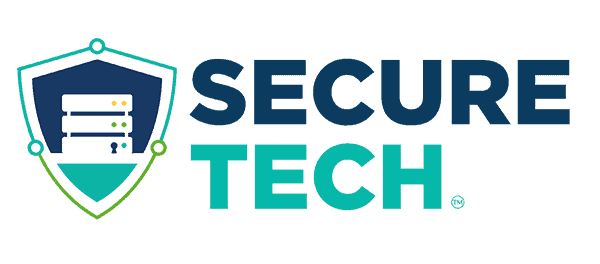Cloud backup eliminates many weaknesses of physical storage units. So, as a small business, you no longer need to worry about losing your data to theft, fire, damage, malfunction, or other problems. However, if you have never used cloud backup, you may be skeptical about paying for cloud technology.
There are so many cloud backup options out there, all making big promises, but in reality, only a few of them are worth trusting. To make sure you do not get into the wrong hands, we have vetted and handpicked the five best cloud backup solutions for small businesses in the market. These services have been ranked based on device support, backups, support, security, and user experience.
Top 5 Cloud Backup Solutions for Small Businesses
Backblaze
Backblaze might be the right choice for you if you are looking for simplicity and have a lot of data to backup. Its ease of use and unlimited online backup are among its essential features. Thus, its usability and space make it critically one of the most incredible cloud backup solutions.
Backblaze is the only service that offers unlimited backup for the entire device. Meaning, you can get a single computer and several hard drives to the computer to hold a couple of terabytes, and Backblaze will backup all of the files. Although, you will need to connect your external hard drives every 30 days to your computer so that Backblaze will not delete your files from your account.
Backblaze’s ease of use makes it a preferable cloud backup for most small businesses. The main screen has two primary buttons. One button allows you to backup straight away, while the other lets you tweak your options.
iDrive
iDrive is a powerful cloud backup solution that gives you extra space to store files outside your small business premise. You can access those files from anywhere. Online backup allows you to keep your files from anything that might cause you to lose the data. Such things include crashes, cyber-attacks such as ransomware.
While most cloud storage offers backup features, iDrive is primarily a cloud backup service with some added storage features. You can use iDrive through a desktop client on Mac and Windows or a web app on any operating system, including Linux. It also has mobile applications for iOS and Android.
iDrive syncs up with your hard drive to save copies of your files, and if something gets deleted on your hard drive, it will still be there on iDrive along with its previous versions. The mobile application backs up your mobile device.
You can backup information from individual files and folders to your entire hard drive at once. Backups happen on an hourly or daily cycle. However, you can start whenever you want. Suppose you have files smaller than 500 MB; you can have iDrive back them up continuously.
OpenDrive
OpenDrive is quite different from the other cloud backup solutions. Suppose you are using windows, for example. In that case, OpenDrive creates a virtual hard drive in the explorer where users can essentially drag and drop the files they need to backup.
OpenDrive is essentially a combination of online storage and backup service. For this reason, it is one of the exciting options because files placed inside the drive do not occupy any space in your computer. Nonetheless, you can see them in the windows explorer or Mac finder.
File transfer to the cloud takes around one megabyte per second. In this case, users may be tempted to store all their files in the cloud. Storing files in one cloud backup is not recommended because a service can always fail. OpenDrive is suitable for archiving files that are not needed frequently.
Like other services offering unlimited backup, OpenDrive offers unlimited storage for one machine. However, this may come with a monthly price.
Carbonite
Carbonite is an excellent option for new users. It has a decent set of wizards that helps through the initial process of setting up your backup. Unexperienced users are best served by going with these standard settings that will backup all personal documents. If you want to back up bigger files, you will need to back them up manually. Most importantly, Carbonite backs up files continuously. Whenever you notice any changes, you should not be worried because they will be backed up properly.
Carbonite has an average speed of ten megabytes per second. Suppose you need bare-metal backups or want to back up NAS drives. In that case, you have to opt for the more expensive plus or prime package. The speed essentially depends on your internet connection too.
Security is usually a critical issue when you transfer data to the cloud. Carbonite offers private encryption keys that the users can control. Meaning, your files are encrypted before Carbonite uploads them to the cloud.
In case of disaster, you will need to restore your files fast. The actual restoration process is very light. Users may search for the files in the backup, which is appropriate if one file is missing, and restore it. Moreover, they can browse the file in the back or restore all files.
Acronis
Acronis is the only cloud backup that updates yearly. This means the software is guaranteed, and you will get value for your money. However, it will force Acronis to make minor tweaks as significant updates.
Acronis has crisp visuals and striking colors, making it easy to navigate. Its interface also has menus stacked that you will need to traverse through to get anything done. This makes something that should be easy difficult, and slightly annoying.
Acronis has three different plans, which differ from essential, advanced, and premium. The essential plan only spots local backups. Similarly, the offer changes as you move to the other. However, its speed and feature may make it a fantastic option for people with some hardcore backup needs or running a small business.
Selecting the best cloud backup service for small businesses depends on the business’s specific needs. Each cloud backup service has unique features to improve your user experience while using the cloud backup for file storage.

